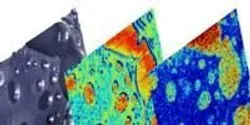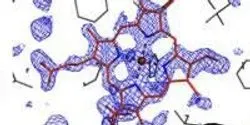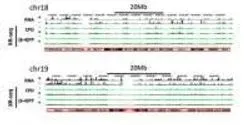News

Data collected on Mars by NASA’s Curiosity rover and analyzed by University of Arkansas researchers indicate that water, in the form of brine, may exist under certain conditions on the planet’s surface.

A family of proteins known as histones provides support and structure to DNA, but for years, scientists have been puzzling over occasional outliers among these histones, which appear to exist for specific, but often mysterious reasons. Now, researchers have uncovered a new purpose for one such histone variant: preventing genetic mutations by keeping certain so-called “jumping genes” in place.

A team of highly determined high school students discovered a never-before-seen pulsar by painstakingly analyzing data from the National Science Foundation’s (NSF) Robert C. Byrd Green Bank Telescope (GBT). Further observations by astronomers using the GBT revealed that this pulsar has the widest orbit of any around a neutron star and is part of only a handful of double neutron star systems.

The probe of an atomic force microscope (AFM) scans a surface to reveal details at a resolution 1,000 times greater than that of an optical microscope. That makes AFM the premier tool for analyzing physical features, but it cannot tell scientists anything about chemistry. For that they turn to the mass spectrometer (MS).

















